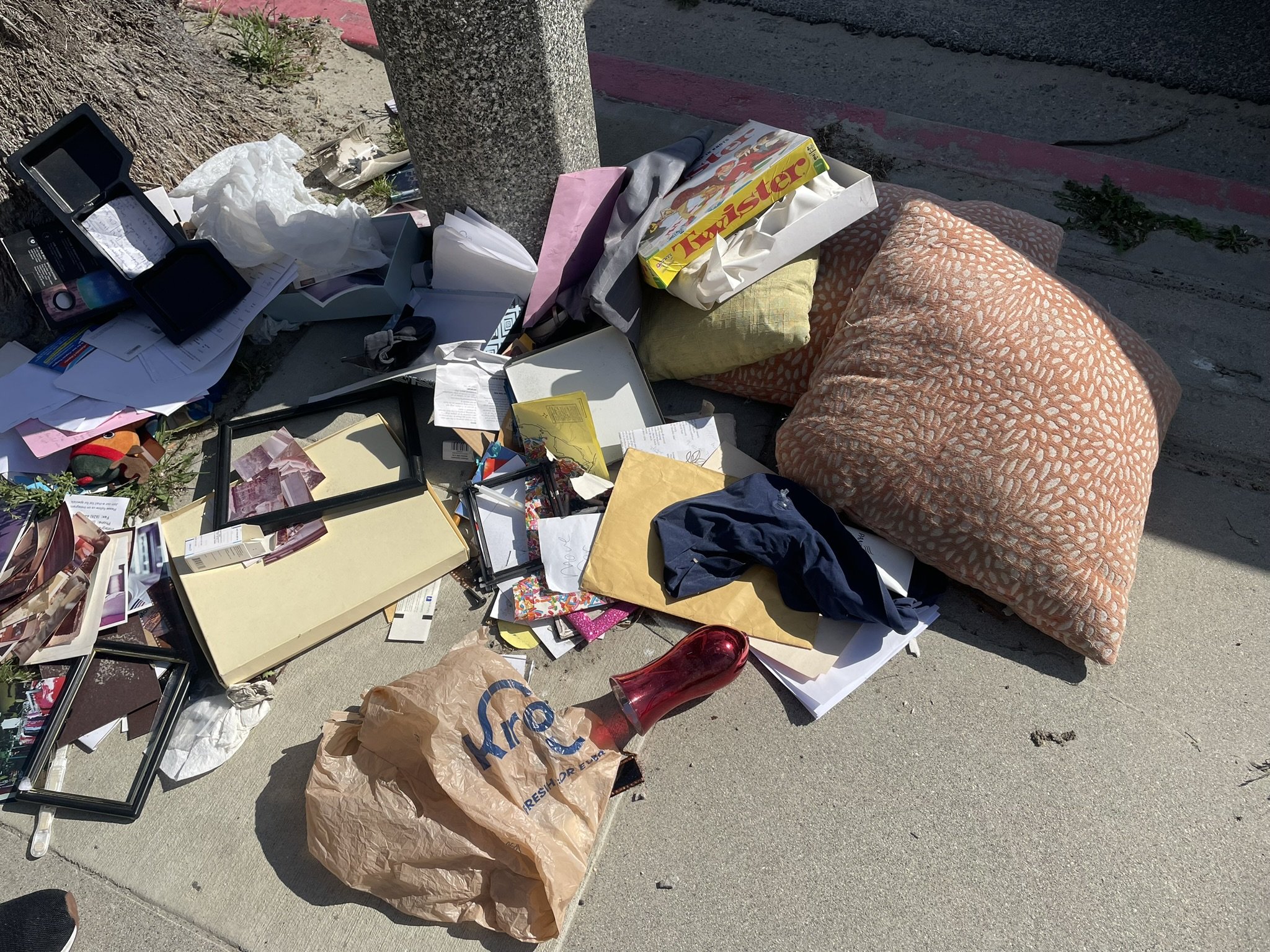An Interview with
Susan Kolon
Susan’s poem, “on the verge of one man’s treasure in shasta view, california” is featured in
Dulcet Literary magazine, vol. One, Issue No. 1
Interview by Sydney German,
Engagement Editor, Dulcet Literary Magazine
In the poem, there is a collection of items that were left behind by the neighbor. How did you decide what items to feature?
This poem is based on a real-life example I encountered on a street in California. At first it was hard: there was so much ‘content,’ so I knew I had to do what I call cognitive work, no writing just storytelling to myself. I did this for months before I took to writing and then was able to hone in on what items would help me tell the poetic truth.
According to your website, you specialize in wellness and communications. How have those experiences shaped your creative work?
If there is one thing I have learned from being a health coach is that our mental wellness is the foundation for human connection. For the most part, I write from that point of view.
The title names Shasta View, California as the location in the poem. What inspired this neighborhood to be the selected site?
I wanted the title to reflect many meanings the reader could interpret. Of course, ‘view’ can mean many things, and ‘Shasta’ has a Native American origin that fed into my idea of the speaker feeling like an outsider. In my research, I learned the county where Shasta View, CA is located had one of the highest concentrations of loneliness and I knew I had my title.
As someone with experience in corporate America, what is a piece of advice for individuals balancing a day job and writing?
I am lucky in that I don’t find the discipline to sit down and write so challenging. What has worked for me is I schedule writing time, whether I am inspired or not, whether words are flowing or not. I also have become pretty good at ‘snacks of time’ to write when I don’t have the luxury of a few straight hours. It is an approach I coach on to build healthy habits and it works for writing, too.
The poem ends with a question about the dog, Bailey. What led to the decision to end on a question instead of a statement?
I sit with the end of my poems for a long time, and for ‘Shasta,’ I wanted to show that the speaker, even in their loneliness, has the ability to empathize, to care—for something, someone. Of course, that is my interpretation and the reader has to make their own.
How long have you been writing poetry and how has your poetry evolved over time?
I wrote my first poem in college, but I have been telling stories forever—just ask my family! I think evolving for me comes from formal education, like courses on technique and craft, and community writing with other poets, where the opportunity to learn is constant.
Read Susan’s poem, “On the verge of one man’s treasure in shasta view, california” in dulcet Literary magazine, vol. One, Issue No. 1.
Poetry
Susan kolon Bio
Susan Kolon is a Chicago-based writer. First published as a creative writing student at Michigan State University, she spent the next two decades wandering the marketing halls of corporate America, dispelling stories about children, catalogs and candy. Her work has appeared with corporeal lit mag and orange juice, a poetry journal. Find her at https://kolonperformancestrategies.com/an-anthology/.


